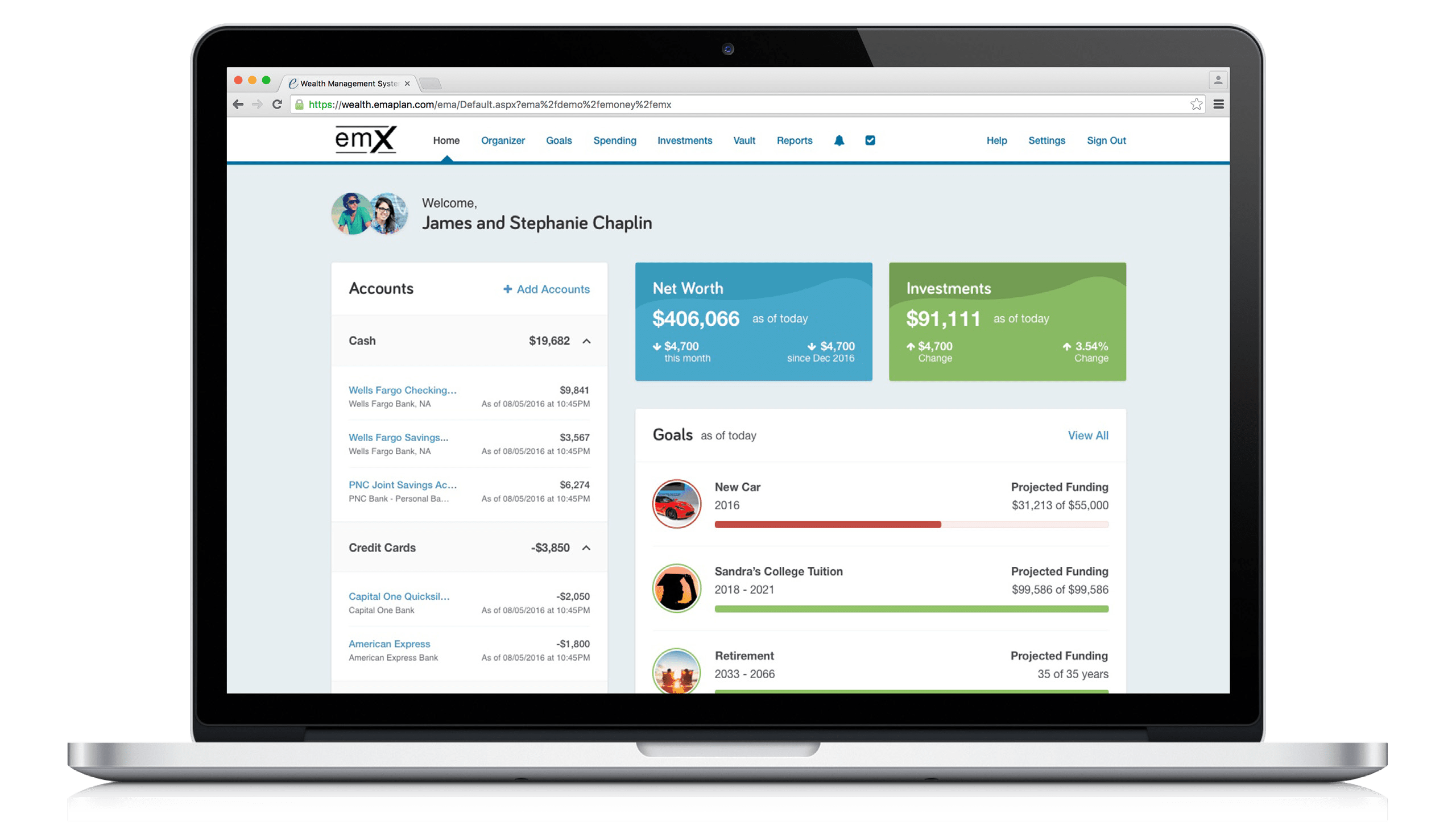FOMO (acronym, “fear of missing out”): a form of social anxiety – a compulsive concern that one might miss an opportunity or satisfying event, often aroused by posts seen on social media websites.
– Urban Dictionary
Saving is hard, and especially so when you’re young. You’re not yet making as much money as you (hopefully) will be once your career is more established. You’ve probably got college loans to pay back. Housing costs in major metro areas are sky high. What’s more, you still need everything that you ever wanted in life, including all those fabulous experiences that everybody else seems to be having. There just isn’t enough cash to go around. Savings? That will just have to wait until later, when you have something left over.
Such thinking, however, will truly cause you to miss a major life opportunity.
You probably have a sense that education and career options typically narrow over time. So investing wisely in one’s own human capital as a young adult allows you to capitalize on opportunities that won’t always be there. In fact, it’s hard to think of a highly successful individual in almost any endeavor who didn’t start relatively early. In the same way, an early investment in your own financial independence gives you an almost unbeatable advantage over those who begin later. Simply put, failing to devote at least some of your early earnings to savings is one of the dumbest financial mistakes you can make.
So do yourself a favor and forget social media FOMO. If anything should actually cause you FOMO, it’s not taking advantage of the lifetime advantage of starting to save early.
Early Savings Are Critical
Examples are always helpful. So let’s assume that Jennifer and her best friend Tracy are both 24-years old and just starting out. Jennifer’s dad has always talked to her about the importance of saving. Tracy’s family, on the other hand, not so much. Jennifer and Tracy simply have different assumptions about how the world works.
True to her dad’s urgings, Jennifer saves at least some of her early earnings, about $1,000 a year, for the first 10 years of her career. (To make the math easy, let’s assume that she does so in an IRA, so we can avoid the complication of tax impacts for now.) If Jennifer earns a compound annual rate of return of 6.5% – a reasonable goal for a growth-oriented long-term investment program – at the end of 10 years she will have amassed a total of $14,371, which includes her $10,000 of savings plus an investment gain of $4,371.
When Jennifer & Tracy are 34, Tracy’s parents find themselves in crisis because they’d like to retire, but simply don’t have the savings to do so. They end up selling their house and down-shifting to a much, much more modest lifestyle just to get by. No more fancy dinners or trips to Europe for them. Tracy takes note of this and vows to do better than her parents did. She talks to her friend Jennifer and now decides to follow Jennifer’s lead, saving $1,000 a year.
The Most Powerful Force In The Universe
Tracy’s change of heart in her 30s may save her from her parents’ fate, but she’ll never catch up to Jennifer, even if Jennifer stops saving at 34 and simply lets her investments ride. It will take the next 34 years – and an investment of $34,000 – for Tracy’s account just to equal Jennifer’s. By the time they’re both 66 – retirement age – they will each have approximately $114,000. Jennifer will have invested a total of $10,000 from ages 24 to 34. Tracy, on the other hand, will have invested a total of $34,000 from ages 34 to 66. Despite the differences in the respective amounts invested, both women will retire with the same sum of money.
Wow. But of course these calculations do depend on rates of return over time. When rates of return go down, there’s less of an advantage to starting early, or less opportunity cost. When they go up, however, the advantage increases exponentially.
 Here’s a little table I built to show the advantage of a regular early investment program. Even at the extremely low long-term return of 4%, an early saver like Jennifer would build a 17-year advantage over someone who started later. And if rates of return in the economy ever go back up above 7.178% – the “escape velocity” of your money – the late saver would never, ever catch up.
Here’s a little table I built to show the advantage of a regular early investment program. Even at the extremely low long-term return of 4%, an early saver like Jennifer would build a 17-year advantage over someone who started later. And if rates of return in the economy ever go back up above 7.178% – the “escape velocity” of your money – the late saver would never, ever catch up.
That’s why Einstein said, “Compound interest is the most powerful force in the universe.” To harness that power, however, you need to start early. You can’t wake up at the age of 50 and hope to catch up. You simply no longer have time on your side.
So wake up to savings FOMO. Unlike social media FOMO, what you’ll be missing out on is very, very real and will have a lasting effect on your life and long-term financial health.
Jane Beule
26 January 2016



